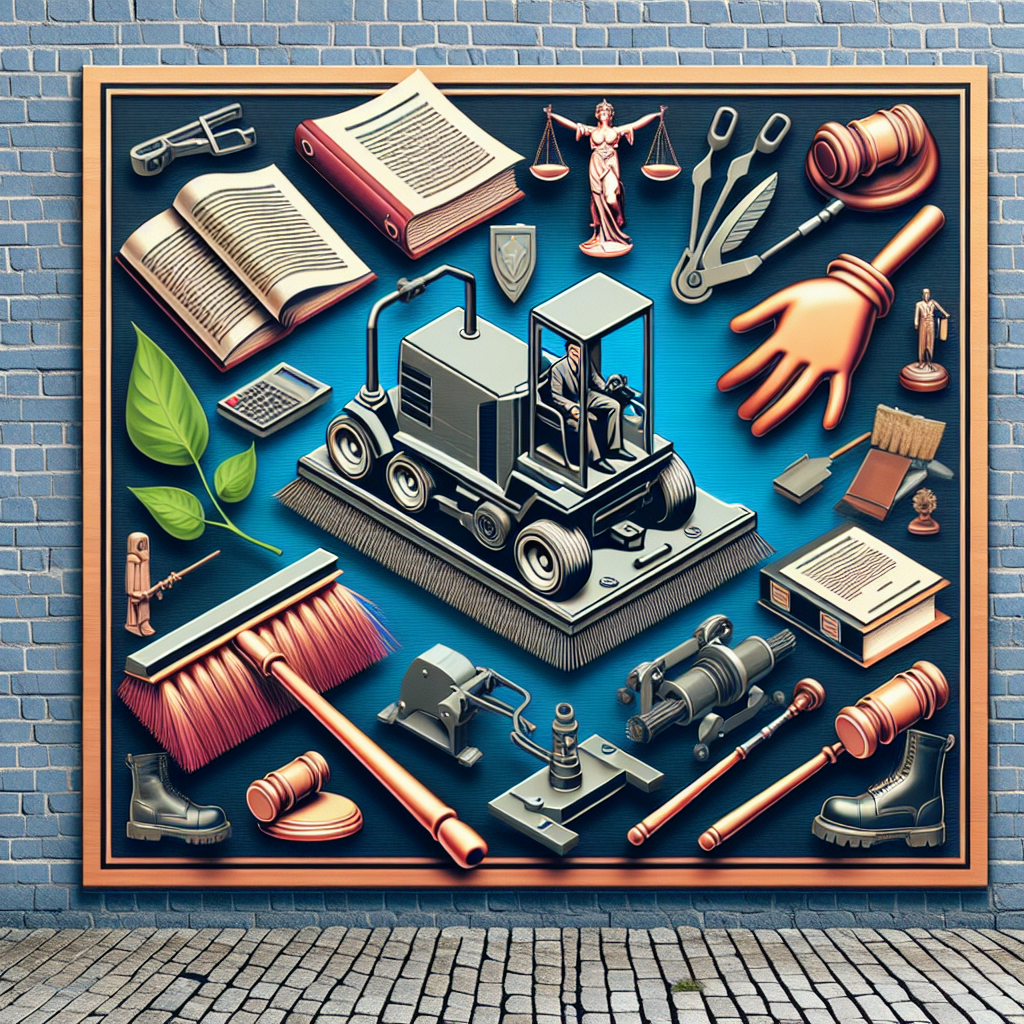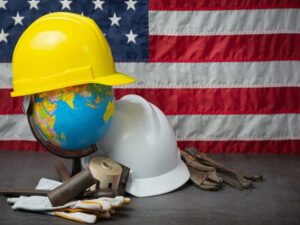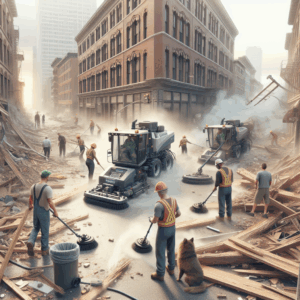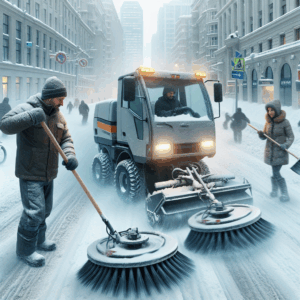Power sweeping might seem like a mundane activity, but it plays a crucial role in keeping our streets and neighborhoods clean. However, power sweeping is much more than just riding around in a large vehicle with rotating brushes. There are important legal and regulatory aspects to consider in this field to ensure the safety and efficiency of the process. Let's dive into what these aspects are and why they matter!
What is Power Sweeping?
Power sweeping involves using a mechanical vehicle equipped with rotating brushes and vacuum systems. These vehicles sweep up dirt, debris, and even small pieces of trash from roads, parking lots, and other paved surfaces. Power sweeping is essential in keeping cities clean and reducing pollution. It helps prevent trash from ending up in waterways, which can harm fish and other wildlife.
Licensing and Permits
To operate a power sweeper, a company must have the proper licensing and permits. These legal documents are crucial because they ensure that only trained professionals handle this powerful equipment. It's not just about driving a big machine; operators must know how to handle potentially hazardous materials and safely operate in busy areas. Local governments usually require companies to apply for a permit before starting their operations. This often involves a background check and a demonstration of competency.
Environmental Regulations
Keeping the environment safe is one of the primary reasons why power sweeping companies must follow strict rules. These rules help make sure that the debris collected is disposed of properly. For example, certain types of waste gathered during sweeping are considered hazardous, like motor oil or chemicals, and need special handling. Laws like the Clean Water Act in the United States work to avoid harmful substances from reaching our waterways. Companies must comply with these regulations, which might include capturing debris in special containers and disposing of it at designated facilities.
Safety Standards
Safety is a significant concern in power sweeping, not only for operators but also for the public. There are guidelines that operators must follow to keep everyone safe. This includes wearing appropriate safety gear, like reflective vests and protective eyewear, and making sure that the sweeping equipment is well-maintained to avoid accidents. Furthermore, signage and barriers are often required to warn pedestrians and drivers of the ongoing work, keeping both operators and the public out of harm’s way.
Training Requirements
Training is a critical element in the power sweeping industry. Operators must learn how to handle the equipment and understand safety and environmental regulations. Regular training sessions are necessary to keep up-to-date with new technologies and changing laws. In many places, operators are required to complete certification programs that teach these skills, ensuring they are ready for the job.
Penalties for Non-Compliance
What happens if a power sweeping company doesn't follow the rules? There can be hefty penalties. Companies might face fines or even lose their licenses. Non-compliance not only risks the company's future but can also have detrimental effects on the environment and public safety. Therefore, staying compliant is not just about avoiding punishment—it's about running a responsible business.
Conclusion
The legal and regulatory aspects of power sweeping are essential to ensure that this activity is done safely and responsibly. These rules help protect workers, the community, and the environment. With proper licenses, adherence to environmental laws, careful attention to safety, and ongoing training, power sweeping companies can effectively keep our surroundings cleaner and safer. So the next time you see a power sweeper roll down your street, know that it's not just a simple task—it's a well-regulated service that benefits us all.









